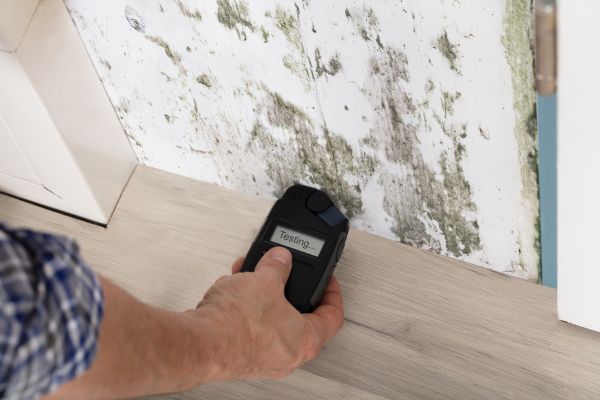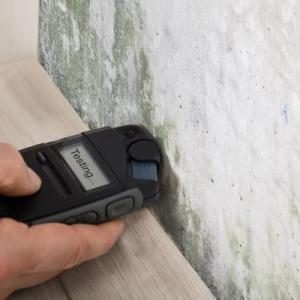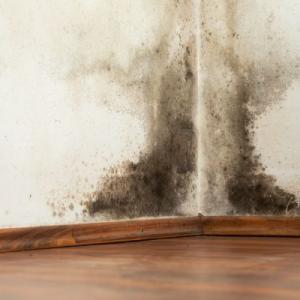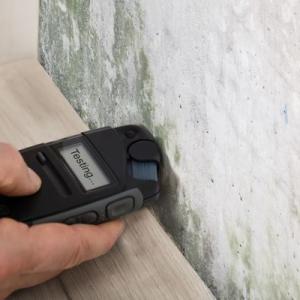
Mold Assessment: Omaha
Mold Assessment in Omaha
Get help with Mold Assessment in Omaha. Fill out the form above and we will connect you with local Omaha pros. A mold assessment provides valuable insights into the presence and extent of mold in a given area, ensuring a safe and healthy environment for all occupants. By engaging a professional mold assessment service, you gain access to expert knowledge and specialized equipment that can accurately identify and assess mold growth. This assessment allows for the early detection of potential health hazards, preventing further contamination and minimizing the risk of respiratory issues and allergic reactions. Additionally, a mold assessment provides a comprehensive understanding of the underlying causes of mold growth, enabling effective remediation strategies to be implemented promptly. With a mold assessment, you can proactively address mold issues and maintain a clean and habitable space.Mold Assessment FAQ
Q: How Does Mold Assessment Differ From Mold Remediation?
Answer: Mold assessment involves the inspection and testing of a property to identify the presence and extent of mold growth. It helps determine the cause and source of the mold, as well as the potential health risks. On the other hand, mold remediation is the process of removing and treating the mold problem. It involves the physical removal of mold, cleaning and disinfection, and addressing the underlying moisture issue to prevent future growth.Q: What Are The Potential Health Risks Associated With Mold Exposure?
Answer: The potential health risks associated with mold exposure include allergies, respiratory problems, asthma attacks, sinus infections, skin irritation, and in some cases, severe lung infections.Q: What Are Some Common Signs And Symptoms Of Mold Growth In A Property?
Answer: Some common signs and symptoms of mold growth in a property include musty odors, visible mold growth on walls or ceilings, water stains or discoloration, peeling or bubbling paint, allergic reactions such as sneezing or coughing, and respiratory issues like asthma or difficulty breathing.Q: How Can A Mold Assessment Help In Identifying The Source Of Mold Growth And Preventing Its Recurrence?
Answer: A mold assessment can help in identifying the source of mold growth by conducting a thorough inspection of the affected area, taking samples for analysis, and using specialized equipment to detect hidden mold. This assessment can help determine the underlying cause, such as water leaks or high humidity, which allows mold to thrive. Once the source is identified, appropriate remediation measures can be taken to prevent its recurrence, such as repairing leaks, improving ventilation, or implementing moisture control strategies.Mold assessment, also known as mold inspection, is a process that involves the evaluation and identification of mold growth in indoor environments. It is conducted by professionals who are trained in detecting and assessing the presence of mold. During a mold assessment, the experts inspect the property, looking for visible signs of mold, such as discoloration or musty odors. They may also use specialized tools like moisture meters and thermal imaging cameras to detect hidden mold growth. The purpose of a mold assessment is to determine the extent of mold contamination and provide recommendations for remediation. This assessment helps property owners and occupants understand the potential health risks associated with mold and take necessary steps to address the issue.


